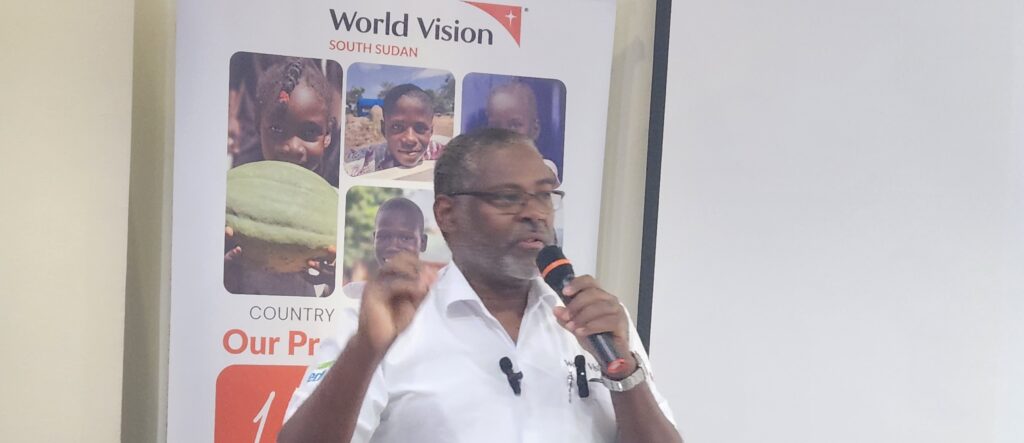Aid agency World Vision has launched a $370m strategy to support five million vulnerable children in South Sudan, where youngsters face what it calls “extreme deprivation”.
The five-year plan, launched in the capital Juba on Thursday, aims to improve child nutrition, health and protection from violence and exploitation.
It comes as the UN warns more than six million people in the country face acute food insecurity.
World Vision’s country director, Dr Mesfin Loha, said the strategy was a response to the severe challenges facing South Sudanese children.
“The strategy speaks to most of the issues raised by children themselves,” Dr Loha said, referencing concerns highlighted by child representatives.
He identified school meal programmes as a critical component, noting their role in both improving nutrition and keeping children in education.
The organisation said it would raise the required funds through bilateral and multilateral partnerships and private fundraising, acknowledging a “challenging global humanitarian funding landscape”.
The launch was punctuated by a powerful appeal from a child representative, Beyoncé Sabegia of World Vision’s East Africa Children’s Advisory Group.
She highlighted child labour and forced marriage as major threats derailing children’s futures.
“When a child goes to the street every day, the child will lose hope and forget the dream they were following,” Sabegia said, adding that more than 3.5 million children are subjected to child labour.
She also cited hunger as a fundamental barrier to learning, asking: “If I am hungry, do you think I can sit in class and pay attention? No, I can’t.”
Lilian Dodzo, World Vision’s East Africa Regional Leader, described the children’s appeals as a reminder that they are “citizens of today who need protection today”.
She echoed stark warnings on food shortages, projecting that over two million children could suffer from malnutrition in 2026.
“Humanitarian assistance alone is not enough,” Dodzo stated, urging greater investment in long-term resilience.
South Sudan, which gained independence in 2011, has been plagued by conflict and recurring climate shocks.
World Vision says its new strategy, which aims to transform the lives of five million children by 2030, is aligned with government priorities and was shaped by consultations with communities and children.
“The children of South Sudan deserve nothing less,” Dodzo said.




